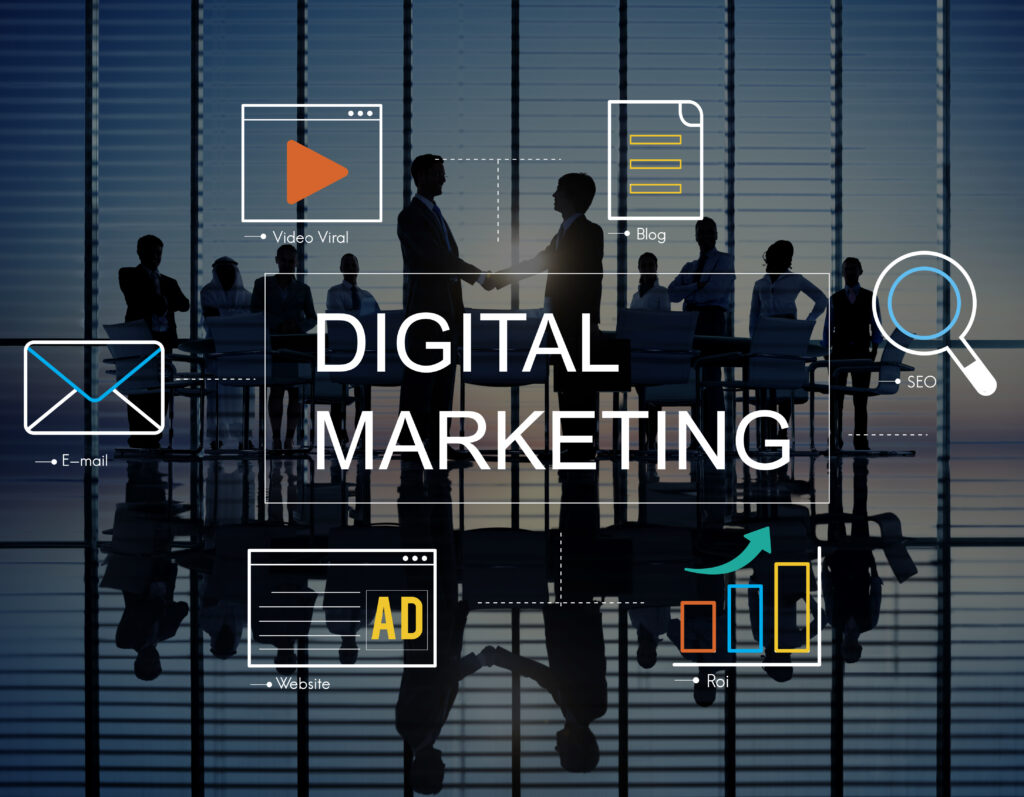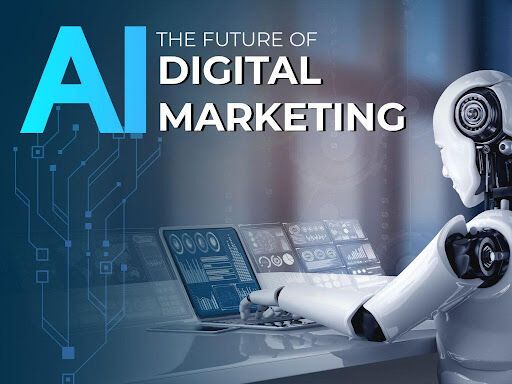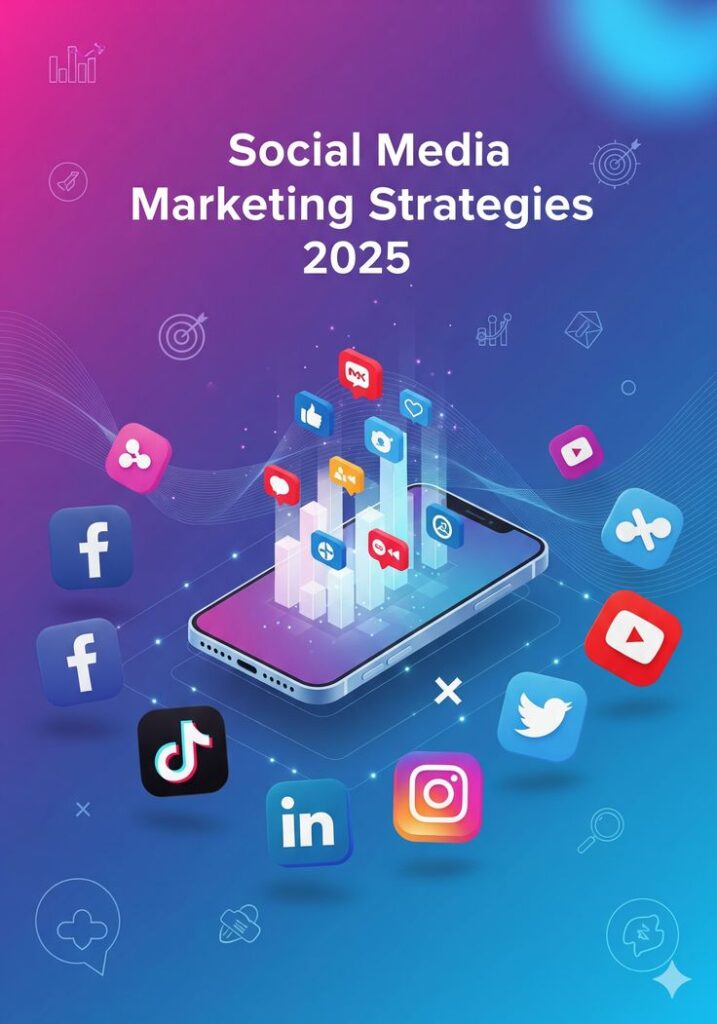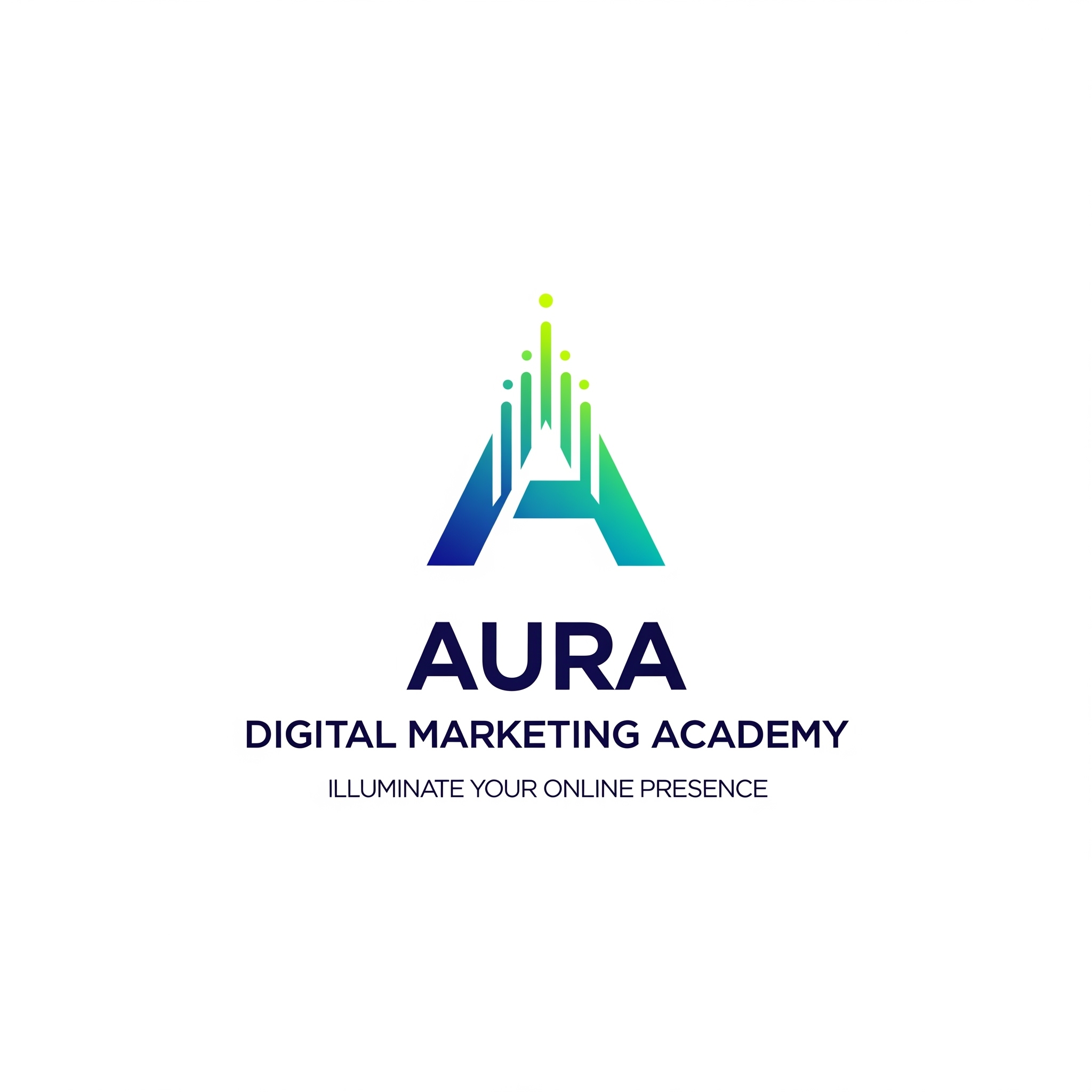
Future of Digital Marketing in 2025
Digital marketing is one of the fastest-evolving industries in the world. From search engines to social media, and from AI-driven campaigns to personalized shopping experiences, the landscape has been continuously transforming. As we step into 2025, businesses and marketers must stay ahead of the curve by embracing new technologies, consumer behaviors, and innovative marketing strategies. In this blog, we’ll explore how digital marketing will look in 2025, the trends shaping its future, and how businesses can prepare for this next big wave.

1. Rise of Artificial Intelligence and Automation
Artificial Intelligence (AI) has already revolutionized digital marketing, and by 2025, its impact will be even greater. AI tools will help businesses predict customer behavior, create personalized campaigns, and optimize ad spend in real-time. Chatbots will become smarter, offering human-like conversations, while marketing automation will streamline lead generation and customer engagement.
For example, AI-powered content creation tools will generate blog posts, social media captions, and video scripts tailored to specific audiences. Marketers will spend less time on repetitive tasks and more time focusing on creativity and strategy.
2. Hyper-Personalization with Data-Driven Marketing
In 2025, generic ads will no longer attract customers. Instead, hyper-personalization will dominate. With advanced data analytics, brands will deliver marketing messages that are highly relevant to each individual. Personalized product recommendations, location-based offers, and customized email campaigns will become the norm.
Businesses that fail to leverage customer data effectively will risk losing engagement. Consumers expect brands to understand their needs, preferences, and buying behavior. The more personalized the experience, the higher the chances of conversion.

3. Voice Search and Conversational Marketing
Voice assistants like Alexa, Siri, and Google Assistant are already changing the way people search online. By 2025, voice search will be a standard part of digital marketing strategies. Marketers will optimize their websites and content for voice queries, which are often longer and more conversational than text-based searches.
This shift will also boost conversational marketing, where brands interact with customers through real-time voice or chat communication. Businesses that adopt this approach will build stronger trust and loyalty with their audience.
4. Short-Form Video Dominance Future of Digital Marketing in 2025
Platforms like TikTok, Instagram Reels, and YouTube Shorts have shown the power of short-form video content. In 2025, this trend will dominate digital marketing. Short, engaging, and snackable videos will be the best way to capture attention in a fast-paced digital world.
Brands will invest heavily in video storytelling, influencer collaborations, and interactive content to connect with younger audiences. Marketers who master short-form video will stay ahead in the competition.
5. Social Commerce and Shoppable Content
E-commerce is no longer limited to websites. Social media platforms like Instagram, Facebook, and TikTok are integrating direct shopping features. By 2025, social commerce will be a major driver of online sales.
Shoppable posts, live-stream shopping, and in-app checkouts will create seamless buying experiences for customers. Businesses must adapt their digital marketing to include social commerce strategies, making it easier for users to purchase products without leaving their favorite apps.
6. AR and VR in Marketing
Augmented Reality (AR) and Virtual Reality (VR) will transform digital marketing by offering immersive brand experiences. By 2025, AR and VR will be widely used in product demos, virtual try-ons, real estate tours, and interactive advertising.
Imagine a customer trying on clothes virtually before purchasing, or exploring a travel destination in VR before booking. Such experiences will not only boost sales but also create stronger brand engagement.
7. Privacy, Transparency, and Ethical Marketing
With increasing concerns about data privacy, 2025 will demand more ethical and transparent digital marketing practices. Stricter data protection laws and consumer awareness will force brands to rethink how they collect and use data.
Marketers will need to build trust through transparent communication, permission-based marketing, and clear value exchanges. Brands that respect customer privacy will earn loyalty and long-term success.

8. Growth of Influencer Marketing 2.0
Influencer marketing is already popular, but by 2025 it will evolve into Influencer Marketing 2.0. Instead of focusing on celebrities with millions of followers, brands will collaborate with micro and nano influencers who have smaller but highly engaged communities.
These influencers bring authenticity, trust, and niche targeting, making campaigns more effective. Live interactions, user-generated content, and community-driven marketing will be at the core of this trend.
9. Search Engine Evolution and Zero-Click Searches Future of Digital Marketing in 2025
Search engines are changing rapidly. By 2025, zero-click searches (where users get answers directly on the search page without clicking a website) will increase. This means businesses must adapt their SEO strategies to ensure visibility in featured snippets, voice results, and AI-driven search results.
Traditional keyword targeting will no longer be enough. Structured data, semantic search optimization, and high-quality content will play a critical role in ranking.
10. Sustainability and Purpose-Driven Marketing
Consumers are becoming more conscious about the environment and social issues. By 2025, purpose-driven marketing will be essential for brands. Customers will prefer businesses that stand for sustainability, inclusivity, and ethical practices.
Brands that align with social causes and demonstrate genuine responsibility will build stronger emotional connections with their audience. Marketing campaigns will highlight eco-friendly practices, social impact, and community support.
Conclusion
The future of digital marketing in 2025 is exciting, fast-paced, and full of opportunities. From AI-powered personalization to immersive AR experiences, brands will need to adapt to evolving technologies and changing consumer expectations.
Businesses that stay updated with these trends will not only survive but thrive in the digital landscape. The key to success will be embracing innovation, prioritizing customer experience, and building authentic connections.
